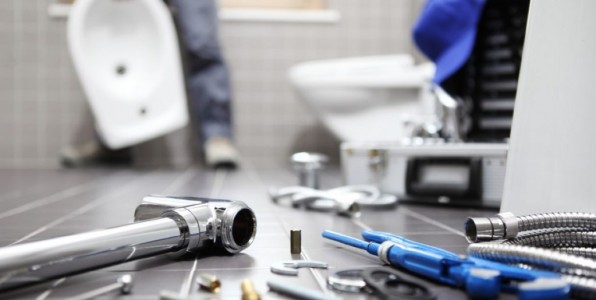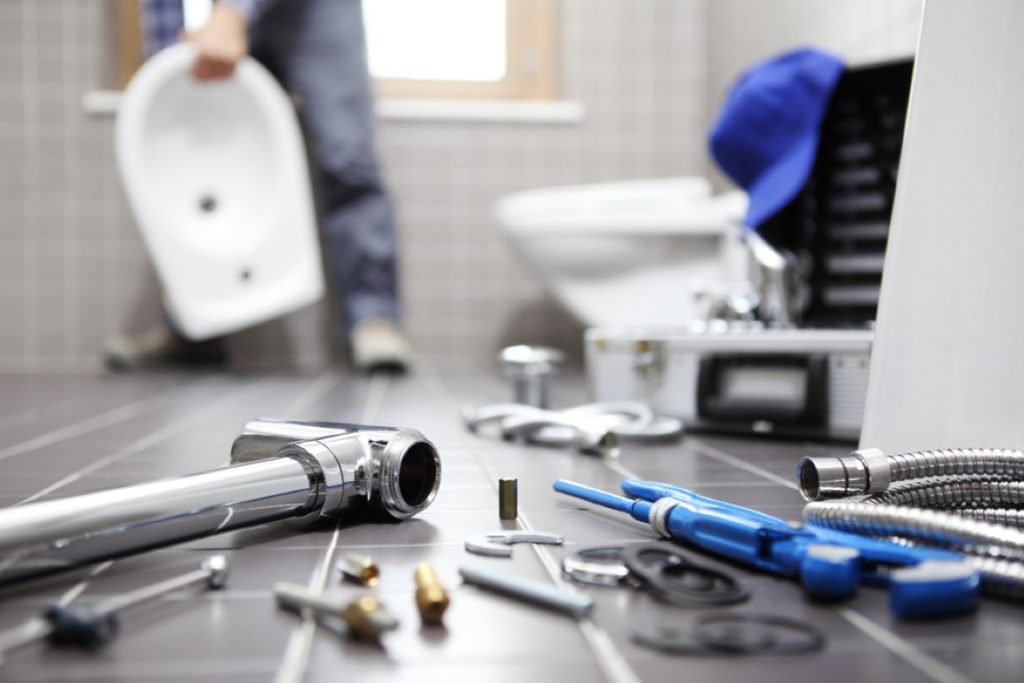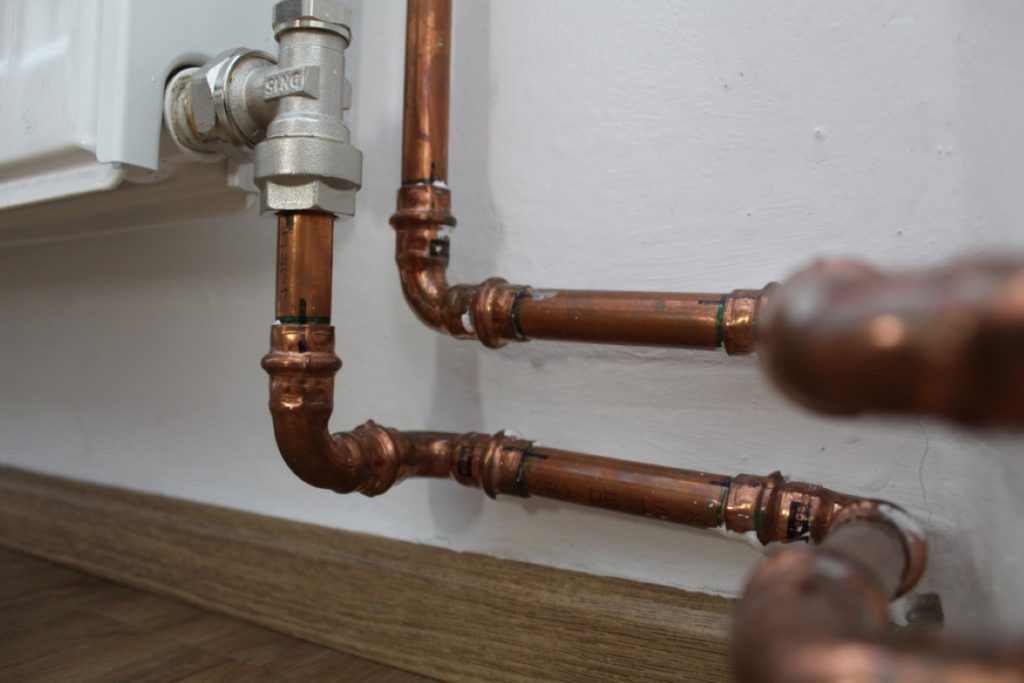Top Winchester Plumbing Tips For Construction Sites

Top Winchester Plumbing Tips For Construction Sites
Construction sites need to be created and maintained with
much security. One failure can result in severe problems or even perhaps
irreversible damage. For people working around the construction sites, every
day can be a new myriad of possibilities that’s a mix of rewarding and
frustrating feelings. Every little progress in construction is a big success.

One of the areas of construction sites that need a big focus
of attention has to do with the plumbing. Especially for residential
neighborhoods, this can be one of the most overlooked areas. But, remember that
plumbing problems can have adverse effects both as to the efficiency and
financial capacity of the construction site that you’re creating.
That said, here are some of the best plumbing tips for you to
remember, as to construction sites:

1. Install
Leak Detectors
All thanks to technology, there are now many upgrades, even
in plumbing systems that you can use to your advantage. This includes leak
detectors. As you install the whole plumbing system around the building or
house, it’s worth considering attaching a leak detector.
Sinks, pipes, and the entire plumbing system will eventually
weaken in time. One of the telltale signs of problems is in leaking. However,
sometimes, leaking may be neglected or manifest only when the problem has
already escalated. In the worst instances, you may have to replace the entire
plumbing system with a new one. This is more cumbersome than only having to go
through a repair.
To avoid more significant and sometimes irreversible
damages, a leak detector will tell you when there are first signs of minor
leaking. This enables you to address the plumbing problem before it gets too
severe.
2. Install
Heating And Water Systems In The Basement
One of the best places for you to install the heating and
water furnace is in the basement. Plan this outright even before you start with
the construction itself. If the building is made to have no basement, remember
to install these systems on the main floor. Leave a small room dedicated to
this. In smaller houses, even a utility closet will do.
This system is usually attached to the basement or ground
floor, for the following reasons:
- To promote even distribution of heat
and water across all rooms of the house - To avoid damage or flooding in the
rest of the house, should a problem arise - Ease of repair, when all plumbing
systems are in one room, or adjacent to each other. This includes the sump
pump, water heaters, water softener, sewer connection, and furnace.
3. Ensure
Proper Installations Of Plumbing Systems
You’ve heard of that all-too-familiar statement that
prevention is better than cure. There’s much truth to this statement, indeed,
and it applies universally. Not just to medicine, but even in the construction
industry. The key to preventing serious problems with the plumbing systems lies
in the proactive measure of correctly installing the entire plumbing system.
When it comes time for your team to install the plumbing
system, don’t rush this step. Be sure that no steps are skipped, and each is
gone through carefully. Two of the most common causes of plumbing issues
include improper installation and lose pipes. These problems are avoidable,
with proper installation.
4. Always
Consult With A Professional Plumber
Should a problem arise, it’s better that you consult with Winchester plumbers. Yes, you may want to save some
costs by doing a DIY plumbing job, but this can cause even more severe problems
in the future. Though it’ll cost you more initially, the benefits in the long
run still outweigh the costs. It will save you hundreds to thousands of dollars
in costly repairs in the future.
5. Use The
Right Plumbing Tools And Equipment
For some of the minor
plumbing problems, anyone in your construction team may be able to do the
work successfully themselves. But, you must also be using the right plumbing
tools and equipment. Using the right tools and equipment can prevent mistakes
and even accidents.
Examples of the right plumbing tools include:
- Pipe wrenches
- Drain-clearing tools
- Adjustable wrench
- Pipe cutter
- Rib-joint pliers
Conclusion
Occasional plumbing problems may still be considered as
normal. But, when it gets too frequent, that’s when you know that you’re
dealing with a severe problem. As plumbing systems run quite deep, it’s
essential that even as you’re still in the process of building, you’ve already
placed much focus and attention on plumbing. That way, early on, possibly more
significant problems are avoided. Keep these tips in mind to avoid falling into
the loopholes of plumbing.
Comments are closed